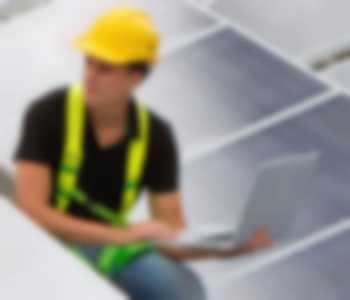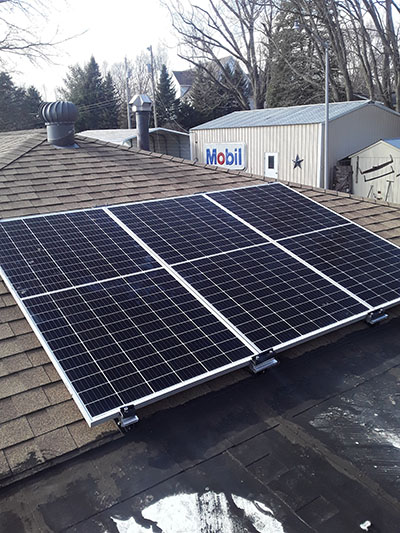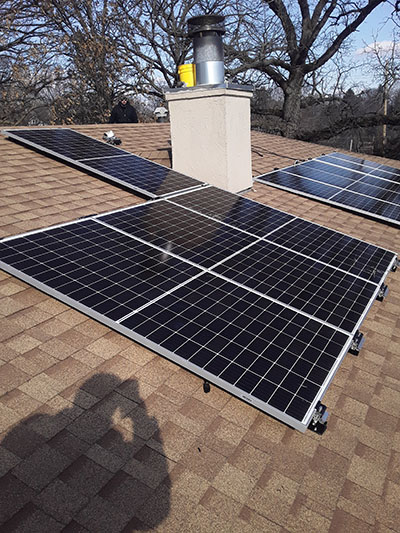We install solar panels near you! That's right, if you're in the Midwest - especially Iowa and Illinois, we're the ones for you!
Midwestern values and good old-fashioned customer service are the standards of Iowa Solar. With our headquarters in the heart of the Quad Cities, we bring the knowledge of unlimited solar power to your home or business in the QC area and beyond. We can install solar panels in Iowa and Illinois, and there’s no better time than today to start. No job too big or too small for us. Call today and let’s start doing the right thing together. Read the benefits of Residential Solar.
Solar Service Areas
- • The Quad Cities: Davenport, Moline, East Moline, Bettendorf, Rock Island
- • Outlying areas including Muscatine, Illinois City, Joy, Aledo, and essentially all of Rural Illinois
- • Inner Iowa cities like Iowa City, Cedar Rapids, and Dubuque
- • Rural Iowa towns and farms.
- • For commercial: any Iowa or Illinois city.
- • For residential customers: We also travel outside of these areas for any installation on a home over 2,000 sq feet.
Quad Cities Solar Installation Company
Iowa Solar brings you years of professional experience installing solar power. You can check out our demonstration solar panel array near Coffee Revolution on Dubuque Street in Davenport. We love talking to people about all the wonderful ways they can go green and benefit from living in an eco-responsible manner. Solar power can be just the tip of the iceberg for someone truly interested in green power.
We are truly an expert solar installation company in Iowa, and we can show you some of our installations to prove it. We look forward to your patronage and we are very excited to work with you on your solar project.
Why install solar in Iowa?
It doesn't matter which of the five quad cities you life in - Davenport, Bettendorf, Moline, Rock Island, or East Moline - now is the time for solar power. Iowa's tax credits follow federal tax credits, and time is limited to save money.
- Reduce your rising electric bills or eliminate them completely.- Get great tax incentives from the government.
- Make your business more sustainable.
- Plan your long term costs
- Safeguard against massive utility bill price jumps
Some incentives for installing solar are time-sensitive. For residential customers, you might need to install solar NOW in order to get tax credits. These credits decrease each year. Soon they may go away forever.
Our solar installation experts in the Quad Cities Area will walk you through the installation process and explain everything you might want to know about solar power. We create systems that help you go green and do the right thing for your pocketbook - and the environment too.












